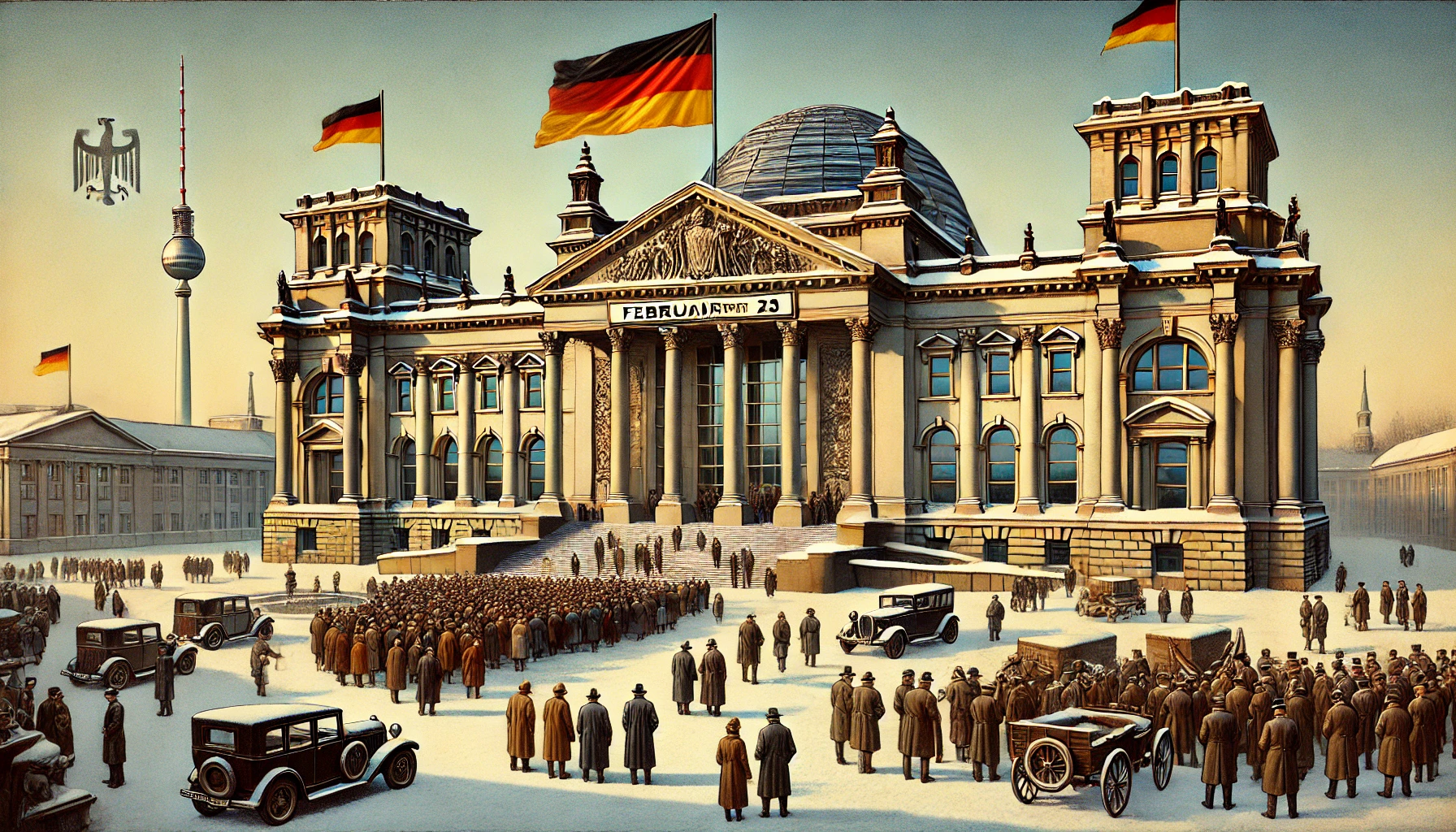
Germany has entered a politically critical phase as President Frank-Walter Steinmeier dissolved the Bundestag, paving the way for new federal elections on February 23, 2025. This decision came after Chancellor Olaf Scholz’s coalition government collapsed following a vote of confidence on December 16, 2024. The dissolution marks a rare occurrence in German politics, underscoring the challenges of maintaining stable governance in a coalition-driven system.
Why Did the Government Collapse?
After the confidence vote, political consultations failed to form a new majority government. Chancellor Olaf Scholz, now heading a caretaker administration, stressed the importance of stability during this transitional period. “We must uphold Germany’s integrity and ensure continuity until the elections decide the way forward,” Scholz said in a statement.
Key Election Issues
The upcoming elections are shaping up to be a pivotal moment in Germany’s political landscape. Here are the core issues expected to dominate campaign discussions:
- Immigration and Integration: Germany continues to face challenges in integrating a significant number of migrants. Rising public concerns over crime and resource allocation are likely to influence political debates.
- Economic Challenges: With inflationary pressures and energy costs affecting citizens, economic recovery is a central concern. Parties are expected to propose solutions for revitalizing growth and addressing unemployment.
- Support for Ukraine: Germany’s involvement in aiding Ukraine against Russia remains a contentious issue. The allocation of resources for military aid and the broader implications of ongoing support will be heavily debated.
The Significance of February’s Election
This election is not just about selecting Germany’s next government but also about defining its future direction. Traditional parties like the Social Democrats (SPD) and Christian Democrats (CDU) will face competition from rising challengers, including the far-right Alternative for Germany (AfD), which has gained traction by addressing voter concerns on immigration and security.
What Lies Ahead
The results of this election will influence Germany’s domestic policies and international standing, with issues like climate change, economic resilience, and European Union policies hanging in the balance. As the country prepares for this crucial vote, the world watches closely.
Stay updated with Focus Global News for comprehensive coverage and expert insights into Germany’s elections and their global impact.





